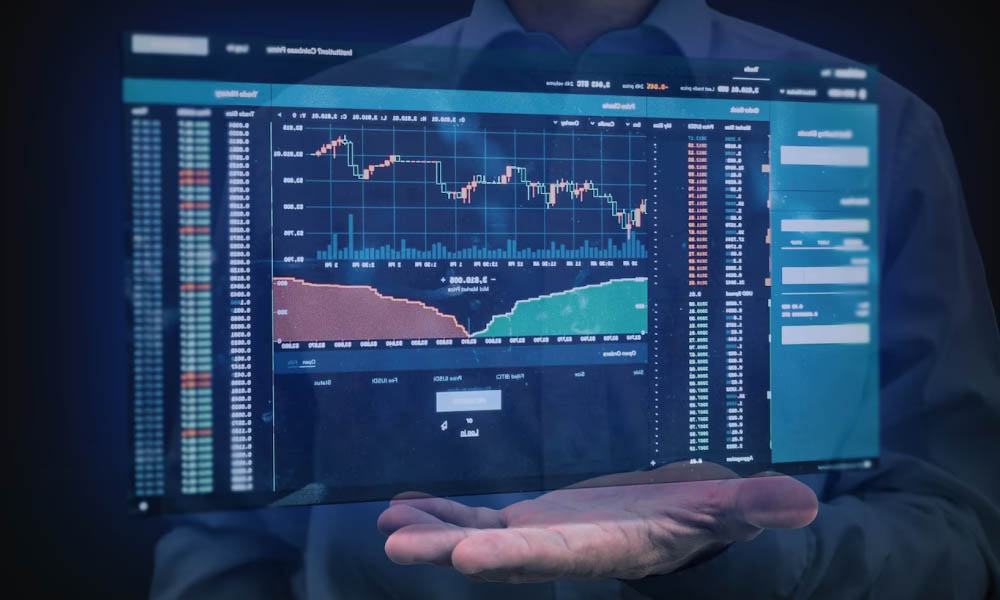
Enhancing Crypto Trading Security: Strategies and Best Practices
In the ever-evolving world of cryptocurrency, security remains a top concern for traders and investors. As the market grows, so do the threats and vulnerabilities associated with crypto trading. In this article, we will delve into various aspects of Crypto Trading Security http://www.gxbihongkeji.com/index.php?s=/Extend/guestbook/p/166.html, providing you with essential strategies and best practices to safeguard your investments.
Understanding the Risks
The decentralized nature of cryptocurrencies makes them susceptible to a wide range of security threats. From hacking attacks targeting exchanges to phishing schemes aimed at stealing personal information, the risks are manifold. Understanding these risks is the first step towards effective mitigation. Notably, custodial wallets offered by exchanges can be vulnerable to large-scale hacks, while non-custodial wallets require users to take full responsibility for their security.
Secureing Your Wallet
The choice of wallet plays a crucial role in the security of your crypto assets. Generally, there are three types of wallets:
- Hot Wallets: These are connected to the internet and are convenient for trading but more vulnerable to hacks.
- Cold Wallets: These are offline storage solutions, such as hardware wallets, which provide a higher level of security against online threats.
- Paper Wallets: These involve printing your private key and public address on a piece of paper, ensuring it remains offline.

For optimal security, it’s advisable to use a combination of cold and hot wallets, ensuring that the majority of your assets are stored in cold storage while keeping some in hot wallets for trading purposes.
Two-Factor Authentication (2FA)
Implementing two-factor authentication is one of the simplest yet most effective ways to enhance security on your trading accounts. 2FA requires not only your password but also a second form of verification, usually through a mobile app such as Google Authenticator or Authy. This makes it significantly harder for unauthorized users to gain access to your accounts even if they manage to obtain your password.
Recognizing Phishing Attempts
Phishing is one of the most common tactics used by cybercriminals to steal personal information. Traders are often targeted through fake websites, emails, or messages that closely mimic legitimate services. It’s crucial to verify URLs before entering any sensitive information and to be cautious with unsolicited communications, especially those claiming to be from exchanges or wallet services.
Best Practices for Secure Trading
To further enhance your crypto trading security, consider the following best practices:
- Use unique and complex passwords for all accounts, and consider using a password manager to keep track of them.
- Regularly monitor your accounts for any suspicious activity and be proactive in responding to any alerts.
- Keep your software and devices updated to protect against known vulnerabilities.
- Limit the amount of cryptocurrency you keep on exchanges and transfer profits to secure wallets.

Educating Yourself and Staying Informed
The landscape of cryptocurrency security is constantly changing. Keeping yourself informed about the latest security threats and best practices can significantly reduce your risks. Joining forums and communities can provide valuable insights and updates on security practices and breaches. Many exchanges also have dedicated security pages that share tips and the latest security protocols.
Regulatory Compliance
As governments around the world start to regulate cryptocurrencies, understanding the regulatory landscape is essential. Regulatory compliance can involve KYC (Know Your Customer) principles, which require exchanges to verify the identity of their users. While this may seem intrusive, it often adds a layer of security by discouraging fraudulent activities. Researching which exchanges comply with local regulations can help you choose a reliable platform that prioritizes security.
Emphasizing Privacy
Privacy is another important aspect of crypto trading security. Consider using privacy-focused cryptocurrencies or protocols like Tor to enhance your anonymity online. Being cautious about sharing your trading strategies or holdings on social media and public forums can also mitigate risks.
Conclusion
As the world of cryptocurrency continues to expand, so does the importance of security in crypto trading. By understanding the risks, implementing best practices, and remaining vigilant, traders can significantly minimize their vulnerabilities. Always be proactive about your security, and remember that in the volatile world of cryptocurrencies, safeguarding your assets should be a top priority. By taking these necessary steps, you can protect your investments and navigate the crypto market with confidence.
